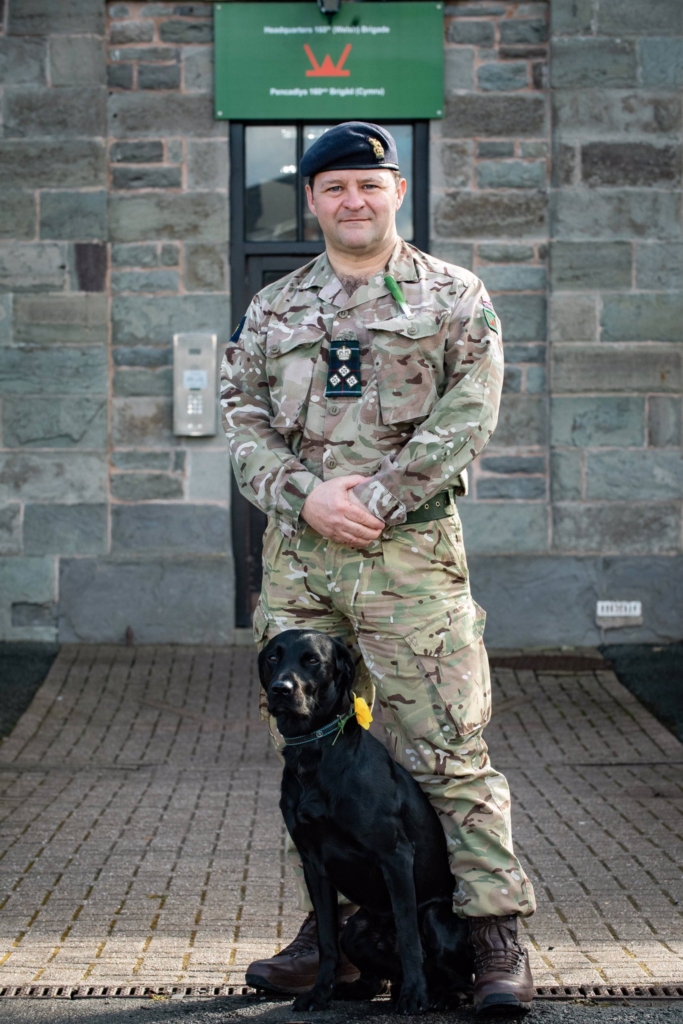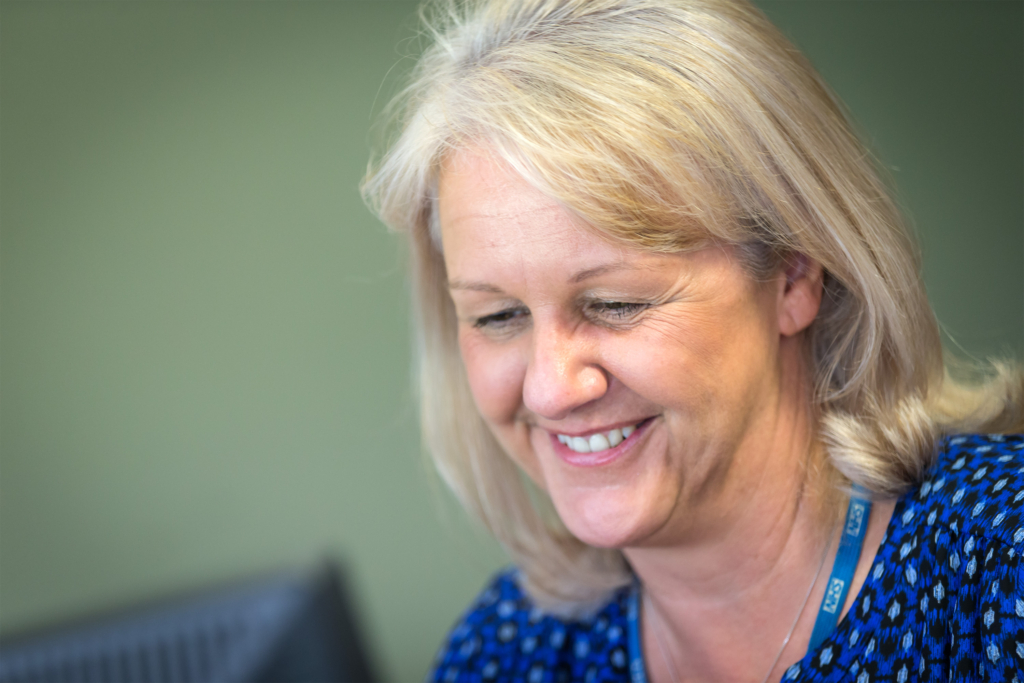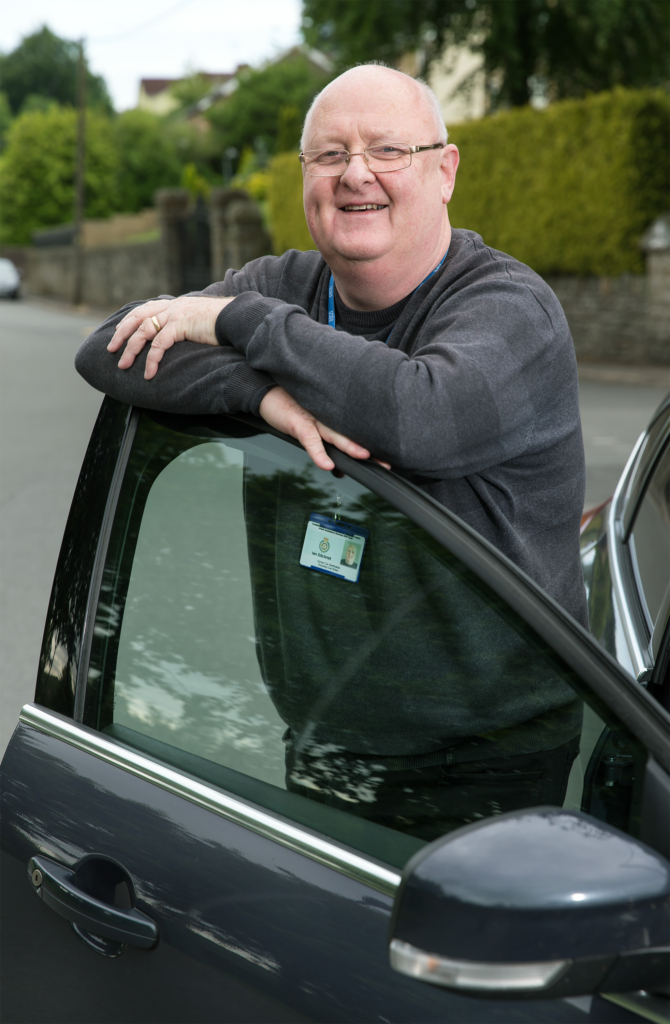Armed Forces Week: Welsh Ambulance Give Thanks for Service
https://chat.whatsapp.com/AmbulanceTodayDirect
The Welsh Ambulance Service is celebrating its service men and women past and present for Armed Forces Week (22-27 June).
Dozens of veterans work across the organisation having served in the Armed Forces, and are supported by a growing number of reservists.
The Trust has also enlisted the support of the military through the Covid-19 pandemic, including members of 1st Battalion The Rifles and 3rd Battalion The Royal Welsh.
Jason Killens, Chief Executive of the Welsh Ambulance Service, said: “We have a long-standing relationship with the military and were very fortunate to have secured their support through the pandemic.
“There are a lot of similarities between the Armed Forces and emergency services, not to mention the transferrable skills, so it’s no surprise that members of that community will gravitate towards a career in the ambulance service
“We’re privileged and grateful for the veterans who work across the service, and for our growing cohort of reservists too.”
Estelle Hitchon, the Trust’s Director of Partnerships and Engagement and the Lead for Veterans, added: “Armed Forces Week is a wonderful way to recognise the contribution of our veterans, and the unique set of skills and experience they bring to the role.
“Our work with the military through the Covid-19 pandemic has strengthened our existing relationships with the Armed Forces community and opened up new opportunities for collaboration in future. Thank you for your service.”
Brigadier Andrew Dawes CBE has been military commander for Wales during the Covid-19 response.
He said: “The Armed Forces in Wales are very proud to be supporting the Welsh Ambulance Service in the collective fight against Covid-19.’
“It has proved a very rewarding experience for the 60 soldiers involved in crewing their ambulances and a further 60 who decontaminate and clean them.’
“The soldiers have learnt a huge amount from supporting the paramedics on nearly 5,000 callouts, which has included assisting in the delivery of several babies.’
“We have built an excellent working relationship with NHS Wales and have been truly humbled by their selfless commitment and dedication during such a difficult time.’
“To have played a small part in this has been a real privilege.’
“As Armed Forces Day approaches, we are rightly reminded of the sacrifices made by all those who choose to serve their nation.”

Welsh Ambulance Service NHS Trust
Last year, the Trust signed Step into Health’s Armed Forces Covenant and pledged to support members of the Armed Forces community to gain employment in the NHS.
It also recruited Veterans Champions from across the Trust to support new starters to make the transition into civilian life and provide one-to-one support and mentorship.
Claire Vaughan, Director of Workforce and Organisational Development, said: “Our work with the Armed Forces community has shown us time and again the direct correlation between the values held by those in the military and our own Trust behaviours.’
“We felt that recruiting Veterans Champions was a great opportunity to help those from the Armed Forces integrate themselves into a new work environment, and give them additional support as they adjust into a new way of life.”
Kevin Davies is the Trust’s Vice Chair and a Non-Executive Director, and has a near 40-year career in army nursing having joined the Territorial Army in 1983.
In May, he was appointed Colonel Commandant Queen Alexandra’s Royal Army Nursing Corps (QARANC).
Kevin said: “I want to take the opportunity to recognise the contribution of all of our service personnel, whether veteran or reservist, and also pay tribute to soldiers from 1 RIFLES and 3 R WELSH who have integrated into the ambulance family so well during the pandemic.
“Your response to the challenge, your resilience throughout and your commitment to the people of Wales has been exemplary. Thank you for all that you do.”
Members of the public see tributes that were paid to the to the Armed Forces community during Armed Forces Week by using the hashtag #SaluteOurForces to see photos and videos which have been submitted.
Quality content
- Casinos Not On Gamstop
- Casinos Not On Gamstop
- Casino Sites Not On Gamstop
- Non Gamstop Casino
- UK Online Casinos Not On Gamstop
- Casino Sites Not On Gamstop UK
- Casino Sites Not On Gamstop
- Games Not On Gamstop
- Sites Not On Gamstop
- UK Online Casinos Not On Gamstop
- Casino Not On Gamstop
- Slots Not On Gamstop
- Casino Not On Gamstop
- Gambling Not On Gamstop
- Casinos Not On Gamstop
- Non Gamstop Casino
- UK Online Casinos Not On Gamstop
- Casino Sites Not On Gamstop
- Best Betting Sites
- Best UK Online Casinos
- New Horse Racing Betting Sites












